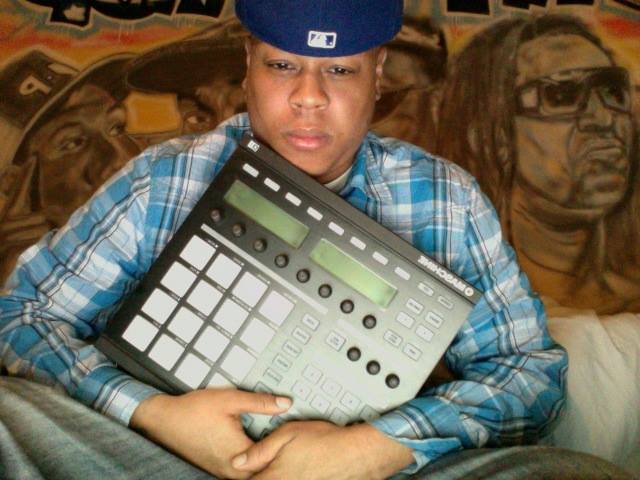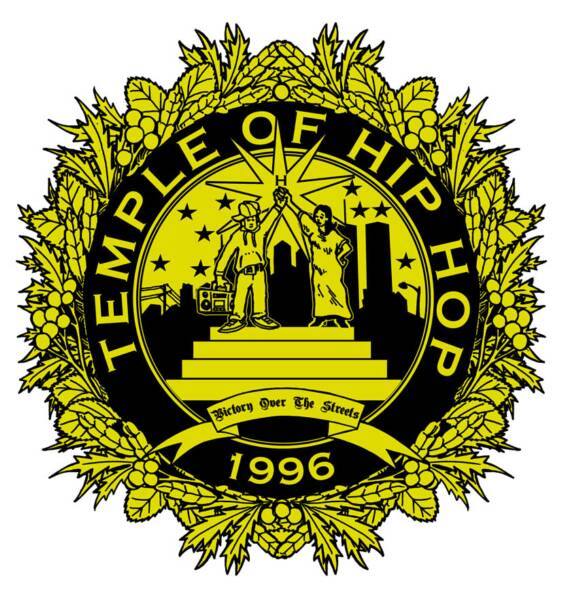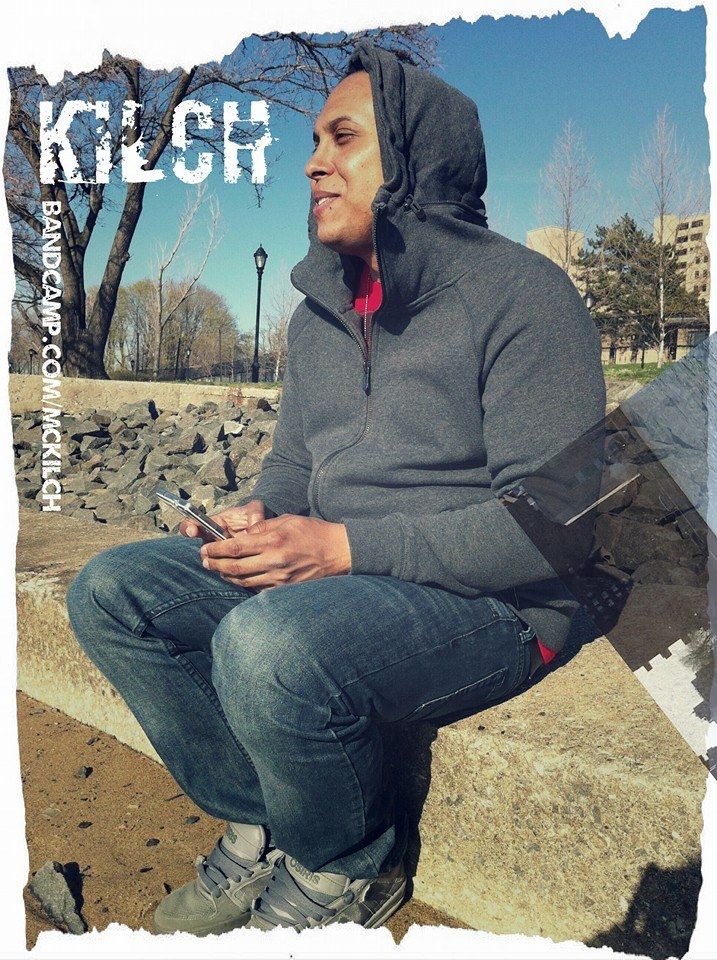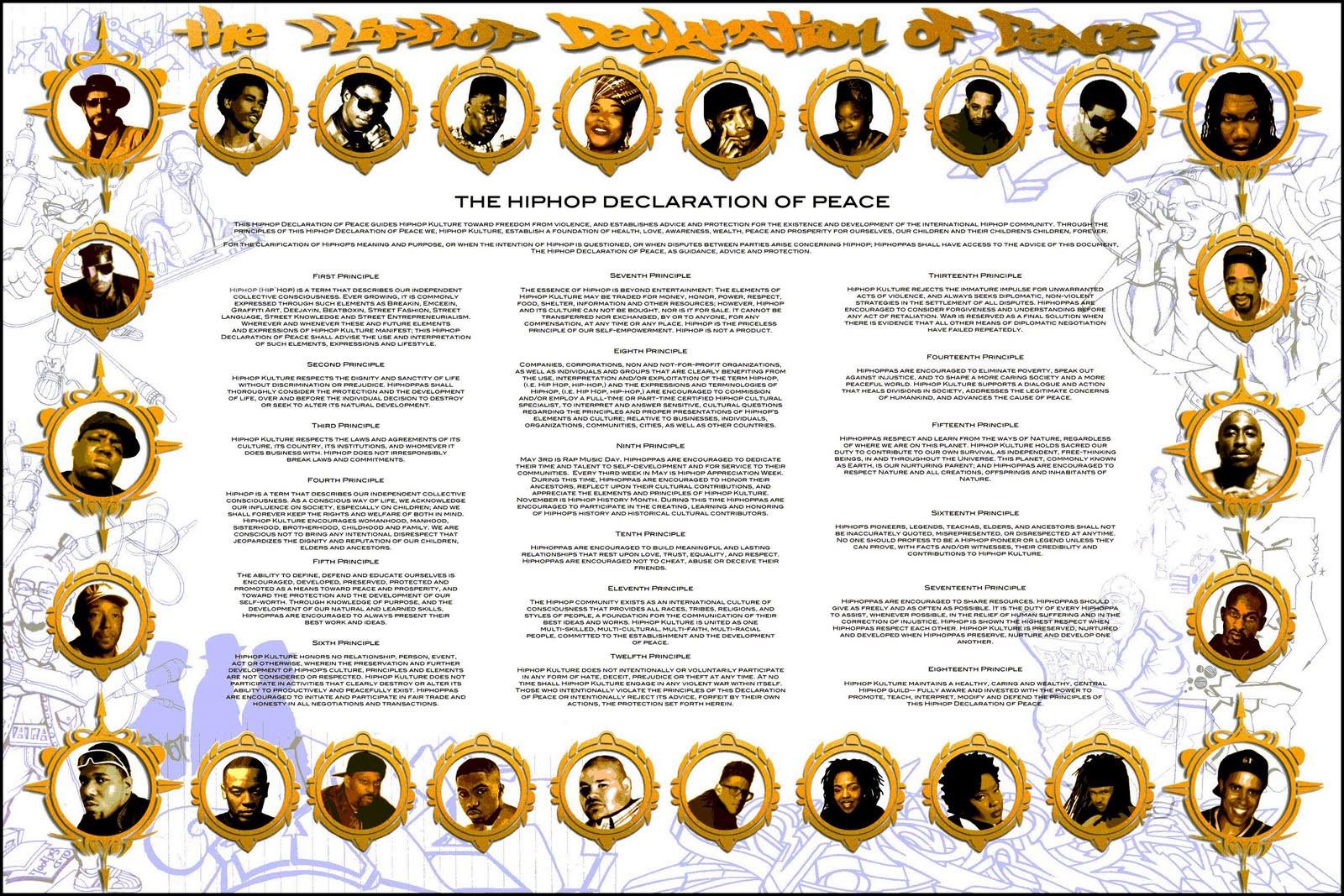Growing up in the South gave me a certain perspective of the United States that I wish many wouldn’t have to deal with, from bigotry to ignorance, poverty to inequality. So listening to Hip Hop became my way of escaping these realities. As time progressed, however, and as society evolved, so too did Hip Hop. Now as we reach the Information Age and a nearing Transhumanist paradigm shift, I again look to Hip Hop and see what it’s saying and whether or not it’s keeping up with the times.
I was able to speak with two individual Emcees, in particular, who are making sure Hip Hop is alive and well in today’s age: M.C. Kilch and Maitreya One!
Both preside in New York, with Kilch from Brooklyn and Maitreya from the Bronx. They are Hip Hop Emcees and Transhumanists, dedicating their lives not only to achieve indefinite life extension for themselves, but for the culture and musical art they love.
First off, could you introduce yourself and tell us what it was that attracted you to the Hip Hop community? What inspired you to become an emcee?
M.C. Kilch: They call me Kilch, I’m a Dreamer and Emcee from Brooklyn, NY. Hip Hop is practically in your blood when you’re from Brooklyn, so getting attracted to it was easy. The attitude and energy of the culture makes it influential, whether you listen to it or not. It was the Freestyle cyphers that got me involved.
Watching this group of people, who gather in a circle and take turns making up lyrics on the spot, was a representation of pure, unfiltered creativity, and it amazed me! I tried it myself one day, loved it, and ended up in cypher groups all the time. Not too long after that it became a regular part of my life, and I started writing songs. It was a natural progression since I was already writing poetry at the time, and I haven’t stopped.
 Maitreya One: My name is Maitreya One or lord Maitreya for short. Many things inspired me. One of my inspirations comes from a man named J. Edgar Hoover who was the founder and director of the FBI in the 60’s. He started a program called COINTELPRO, short for counter intelligence program. It was designed to neutralize the black messiah – the one who would unify the masses.
Maitreya One: My name is Maitreya One or lord Maitreya for short. Many things inspired me. One of my inspirations comes from a man named J. Edgar Hoover who was the founder and director of the FBI in the 60’s. He started a program called COINTELPRO, short for counter intelligence program. It was designed to neutralize the black messiah – the one who would unify the masses.
Emceeing is just a element in the culture. Hip Hop has 9 elements as present. Hip Hop is beyond entertainment and is a form of higher intelligence (HI). I’m one of the avatars in the culture of Hip Hop, which just means that my purpose is not based on any industrial status symbol.
From the underground Hip Hop community to the mainstream, what role does Hip Hop provide today and what role should it play for our future?
Kilch: Hip Hop artists are much like the storytellers and keepers of oral tradition who have existed in human societies for thousands of years, such as the Griots of West Africa or the Minstrels of medieval Europe. However, the current stage features a technological backdrop.
As far as what role Hip Hop should play for our future, I’m less concerned with that, and more interested in blurring the lines between music genres/cultures, even exploring the creation of new ones. That being said, I don’t see the function of the Emcee going away anytime soon, and would like to see more people make music how they truly want to make it, instead of trying to meet the expectations of the masses or major corporations.
Maitreya: Hip Hop is the transformation of all subjects and objects with an attempt to define our consciousness. The goal for the culture of Hip Hop is to become the 51st state of the union and defeat congressional rule. Hip Hop’s role and purpose is to unite humanity and help relieve human suffering. We will do that by all means necessary. Hip Hop has the spirit of ‘76.
Speaking about the future, Transhumanism has become an increasingly popular topic and movement dedicated to changing what it means to be “human” via science and technology. Do you believe that Hip Hop has a duty, per se, to spread awareness on current movements and events like Transhumanism, or even the proposed Technological Singularity?
Kilch: I would like to see more Emcees making music that utilizes Transhumanist thinking or speaks about concepts such as the Technological Singularity, but I don’t think that Hip Hop has a duty to promote such. I only say that because I think people should use the cultural tools at their disposal the best way they see fit; some people might want to make music about love and getting drunk, and others promote political or philosophical ideas.
As an individual, I feel a certain sense of duty to advocate Transhumanism because applying its principles to my life leads to a very realistic view on existence, one of knowing that anything is possible, which is an alternative to a culture that falsely sells us our own limitations, fears, and even revolutions. I want to see as many people as possible understand why Transhumanism is important, but I don’t think the use of any type of force is the most productive way of getting that to happen, including prescribed musical subject matter.
Maitreya: Hip Hop’s duty is to show the proper use of technology, which is to be used in a humane way, not just to uphold a social order that oppresses and divides us. Hip Hop sees technology’s ability to free us from the mundane work-a-day schedule that limits our freedom and holds our bodies captive to a corrupt monetary system that enslaves us. Hip Hop’s version of the technological singularity is all inclusive and puts humanity first. Hip Hop has transcended our humanity. We are raceless and classless, a unique group of people with the ability to tap into our collective creative intelligence at will.
Recent polls have shown what many of us have always known, or at the very least hoped for, that is people both nationally and internationally are becoming more and more secular minded. Given your secular mindset, and given Hip Hop’s (both underground and mainstream) tendency to venue religious preaching, do you find it important to break away from that norm and try to promote more secular views for Hip Hop fans?
Kilch: I do understand that people have become more secular minded and it’s great to see the idea of the separation of church and state spread globally. I think secularism gives us a wonderful opportunity to learn from each other, no matter our differences. Although I have personally vied for the separation of church and state and have shown a general disdain for religion in some of my music, I can’t say I necessarily agree with Hip Hop trying to curb the influence of religion on the music. I can say that I would like to see more people who have a problem with religion begin to see it as a tool, instead of trying to somehow remove it from music, or human society for that matter.
 In many ways I see religion as a byproduct of the human need to express ideas metaphorically/artistically. Some people draw inspiration from using that perspective in their lives to varying degrees. Many do this by reading comic books or watching movies and television shows about orcs, elves, and superheroes. There isn’t much difference between the two behaviors from my perspective. It’s the people who have used a religious context to impose their personal standards of behavior on everyone that are truly a threat to progressive thinking. In the future, when we are more than human, I could see people abandoning the idea of religion altogether.
In many ways I see religion as a byproduct of the human need to express ideas metaphorically/artistically. Some people draw inspiration from using that perspective in their lives to varying degrees. Many do this by reading comic books or watching movies and television shows about orcs, elves, and superheroes. There isn’t much difference between the two behaviors from my perspective. It’s the people who have used a religious context to impose their personal standards of behavior on everyone that are truly a threat to progressive thinking. In the future, when we are more than human, I could see people abandoning the idea of religion altogether.
Maitreya: Hip Hop doesn’t need fans, we need Hip Hoppas. The divide between science and religion is artificial due to the present social order that is in place in the world. When Hip Hop achieves superlongevity and statehood, these artificial boundaries will seize to exist and a new dawn will be upon us. The old age of divide and conquer is deeply rooted in this deathist culture.
Outside the realms of both secularism and Transhumanism, there are also other major issues in which Hip Hop has an opportunity in becoming a voice for — ex: anti-war, LGBTQ+ equality, immigrant rights, etc. Do you believe that Hip Hop is ready to become a major voice for these important issues? Yes or no, why?
Kilch: I would have to say yes and no. It’s very interesting how the rise of social media has given us the chance to hear many Hip Hop figures speak about their views on life via platforms such as YouTube, Twitter, etc. I recently saw a couple of videos featuring what I can only call the Nazi-Punks of Hip Hop who have obvious issues with LGBTQ+ equality, as well as make blatantly racist remarks during their interviews. We’re in 2014. This showed me just how immature Hip Hop can be, but then again, Hip Hop is a tool, and you won’t find uniformity in how it’s used no matter how hard you try, not for any music culture for that matter.
On the contrary, you don’t have to look far, especially given the rise of the internet, to find Hip Hop artists that are expressing their opposition to war or addressing issues like immigrant rights or LGBTQ+ equality. Having spent some time in the New York City Hip Hop circuit doing live shows and putting out independent music, perhaps I have seen more of this than many people, but there are artists on the up and coming that are going to be a major voice for social issues in the years to come.
Although I may not always agree with everything people are trying to get established, as long as it isn’t bigoted, I can only be thrilled to hear of people using Hip Hop to have serious conversations pertaining to the state and future of the world.
Maitreya: Hip Hop is a human culture that gives all people of the planet Earth a leg to stand on. The question isn’t, who are you a voice for; the real question is, do you have the courage to be the real you!?
Is there anything going on right now that you’re working on? If so, could you shed us any details?
Kilch: Yes, I’m working on a Mixtape called Cyberpunk Futures & Lucid Dreams, which will be out by early summer. It will deal with such subjects as Transhumanism, cryonics, sex robots and technological religion. The first single by the same name is available for free download right now, with the Mixtape to follow very soon! You can find the single and mixtape at http://mckilch.bandcamp.com/
Maitreya: I’m presently working on two albums, The Messiah of Morris Ave. and Maitreya One: The HipHop State. Both albums are the first of its kind. The first album will be to help build a Temple of Hip Hop in my hood in the Bronx. The second album is about freeing a colony and building a Hip Hop city. I also rap about mastering the elements of my culture and reversing aging. I want to give a shout out to the forefathers of Hip Hop: Kool Herc, Flash, Bam and KRS One. I also want to shout out Saul Kent, William Faloon, Stephen Valentine, Ray Kurzweil and Robert Ettinger. One, I’m out!
For previous interviews by B.J. Murphy, check out “Ruling the Rhetoric on North Korea: A Pedagogical Perspective,” which interviews experts of northern Korea and provides an open-minded look into the ins and outs of the gravely misunderstood country.

